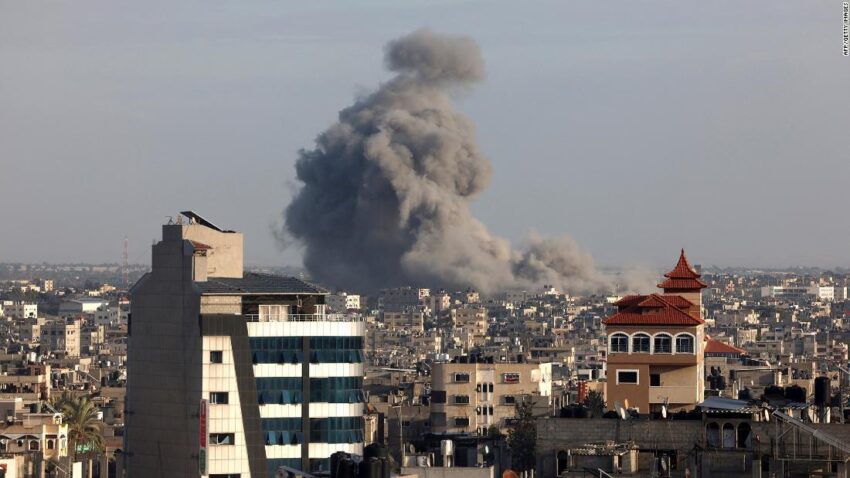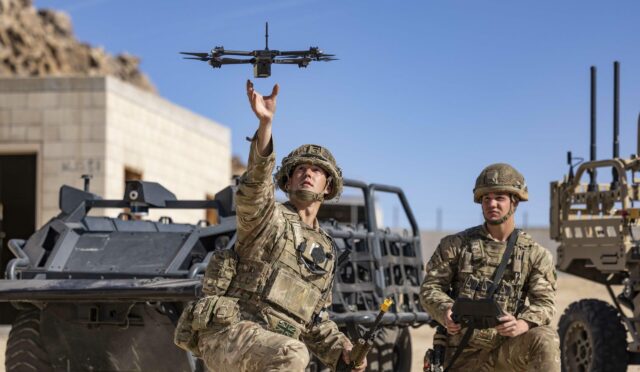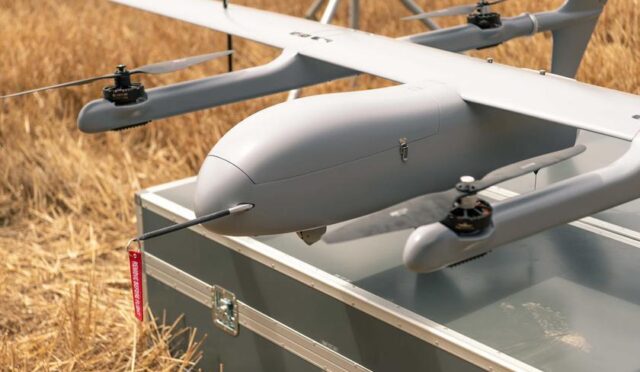Qatar Intercepts Iranian Missile Strike
In a significant escalation of regional tensions, Qatar successfully intercepted an Iranian missile attack targeting the Al Udeid Air Base, the paramount US military facility in the Middle East. This brazen assault unfolded against the backdrop of US airstrikes on Iranian nuclear installations over the preceding weekend, casting a shadow over the already complex Iran-Israel conflict.
The missile assault illuminated the night sky above Doha with bright flashes, resonating throughout the affluent city. Following the attack, Qatar’s foreign ministry denounced it as a “blatant violation” of its sovereignty and reaffirmed the nation’s right to respond appropriately. Majed Al-Ansari, a spokesperson for the foreign ministry, stated that Qatar would act in proportion to the aggression faced, signaling a readiness for potential military action.
Regional and Global Responses
In light of the attack, air traffic was suspended over Qatar, as well as neighboring Bahrain and Kuwait. Fortunately, no casualties have been reported, and Qatar’s interior ministry assured the public that the security situation remains stable, instilling a sense of calm amid the chaos.
A US defense official confirmed that the missiles targeting Al Udeid were fired from Iranian territory, signifying a grave concern for regional stability. Meanwhile, Iran’s National Security Council downplayed the incident, arguing that the assault posed no threat to Qatar and likening the missile count to the US attacks on Iran’s nuclear sites. This rhetoric reflects the volatile relationship between both nations amidst ongoing geopolitical strife.
Consequences and Further Precautions
The ramifications of this attack have led to heightened security alerts for American citizens in Qatar, with the US embassy advising them to seek shelter until further notice. Other Western embassies echoed these warnings, emphasizing the seriousness of the situation.
In the face of this escalating conflict, Qatar Airways suspended its international flights, further illustrating the immediate impact of regional tensions on civilian operations. Additionally, Bahrain’s US embassy responded by temporarily shifting a portion of its employees to remote work, highlighting the ripple effects of the situation across the Gulf.
Statements from Neighbors and Allies
Saudi Arabia condemned the Iranian missile strike as “unjustifiable,” reflecting its commitment to regional security. The United Arab Emirates also expressed strong condemnation of the assault, underscoring the collective disapproval among Gulf nations toward Iran’s aggressive posturing.
As diplomatic tensions rise, Iran’s armed forces threatened to impose “serious, unpredictable consequences” in response to the US aligning with Israel against the Islamic Republic. This escalating rhetoric further complicates the delicate balance of power in the Gulf region.
Changes in Military Presence
Recent satellite images have revealed a significant reduction in the number of US military aircraft stationed at Al Udeid. Only three aircraft were observed on the tarmac in contrast to nearly 40 reported earlier in June. This decline raises questions about the US military’s operational capacity amidst increasing threats.
Such developments not only illustrate the shifting dynamics of US military presence in the region but also reflect the fragile nature of international alliances amid military hostilities. As tensions rise, the focus remains on how the US and its allies will respond to challenges posed by Iran and its missile capabilities.







